Understanding the Four City of Miami Ballot Referendums — Miami Herald Editorial Summary
Disclaimer:
The Biscayne Neighborhoods Association (BNA) does not endorse or oppose any ballot question or political candidate. The following summary is provided for informational purposes only, reflecting the Miami Herald Editorial Board’s published views. We share this as part of our mission to keep residents informed about the issues that will directly affect the City of Miami and the Edgewater community.
READ THE FULL ARTICLE ON THE MIAMI HERALD: HERE
Why These Four Referendums Matter
On November 4, Miami voters will decide on four city charter amendments — proposals that could shape how local government functions for years to come. These measures touch on key issues of governance, accountability, land use, and political reform.
The Miami Herald Editorial Board analyzed each measure and issued its recommendations based on good-governance principles and Miami’s recent challenges.
Referendum 1: Establishing a Charter Review Commission — YES
This measure would create a seven-member Charter Review Commission after each U.S. Census (every ten years) to review Miami’s city charter, hold public hearings, and recommend updates.
The Herald supports this proposal, calling it a “basic good governance” measure that promotes transparency and citizen input. Many local governments, including Miami-Dade County, already have such review commissions.
The group would be composed of residents appointed by the mayor, commissioners, and city manager, and would have up to a year to complete its work. According to the Herald, this would help keep Miami’s founding document current and responsive to community needs.
Referendum 2: Easing Restrictions on Land Sales — NO
This proposal would make it easier for the city to sell or lease non-waterfront public land without voter approval. Specifically, it would allow the city commission — by a four-fifths vote — to approve the sale or lease of land for fair market value when there are fewer than three bids.
Under current rules, if fewer than three bids are received for property valued at over $500,000, voter approval is required.
The Herald urged a “No” vote, warning that the change would bypass the public’s oversight and weaken a key check on government power. While city officials argue the amendment would streamline transactions, the Herald believes that decisions about valuable public assets should remain transparent and subject to voter input — especially as Miami transitions to new leadership after the election.
Referendum 3: Creating a Citizens’ Redistricting Committee — YES
This amendment stems from a federal court settlement after a racial gerrymandering lawsuit over Miami’s 2022 district maps. It would prohibit gerrymandering and establish a Citizens’ Redistricting Committee to redraw maps after each Census and when legally required.
The Herald recommends a “Yes” vote, describing it as a necessary reform to prevent politically or racially motivated redistricting. The measure aims to ensure that neighborhood representation reflects community interests, not political maneuvering.
By supporting this proposal, voters would help enshrine a fair and transparent mapping process that reduces the influence of special interests in drawing city commission boundaries.
Referendum 4: Establishing Lifetime Term Limits for Elected Officials — YES
This proposal would limit Miami’s mayor and commissioners to two four-year terms each — a lifetime cap. The rule would apply retroactively, though it excludes short appointments to fill vacancies.
The Herald supports this measure, calling it “critical” to end Miami’s cycle of career politicians. The editorial argues that long-time incumbents often dominate fundraising and deter competition, resulting in stagnant leadership.
While the Herald noted that the measure could still allow Commissioner Joe Carollo to run for mayor because of a technical exception, it emphasized that lifetime term limits would restore accountability and give new voices a chance to serve.
Opponents say voters should decide at the ballot box when an official has served long enough, but the Herald contends that institutional advantages make genuine competition difficult without term limits.
The Bigger Picture
In summary, the Miami Herald Editorial Board recommends:
✅ YES on Referendum 1 — Charter Review Commission
🚫 NO on Referendum 2 — Land Sale Restrictions
✅ YES on Referendum 3 — Citizens’ Redistricting Committee
✅ YES on Referendum 4 — Lifetime Term Limits
The editorial frames these proposals as part of a broader effort to modernize city governance, prevent corruption, and rebuild public trust.
🗳️ Be an informed voter.
These ballot questions will shape how Miami’s government operates and how responsive it remains to its residents.

